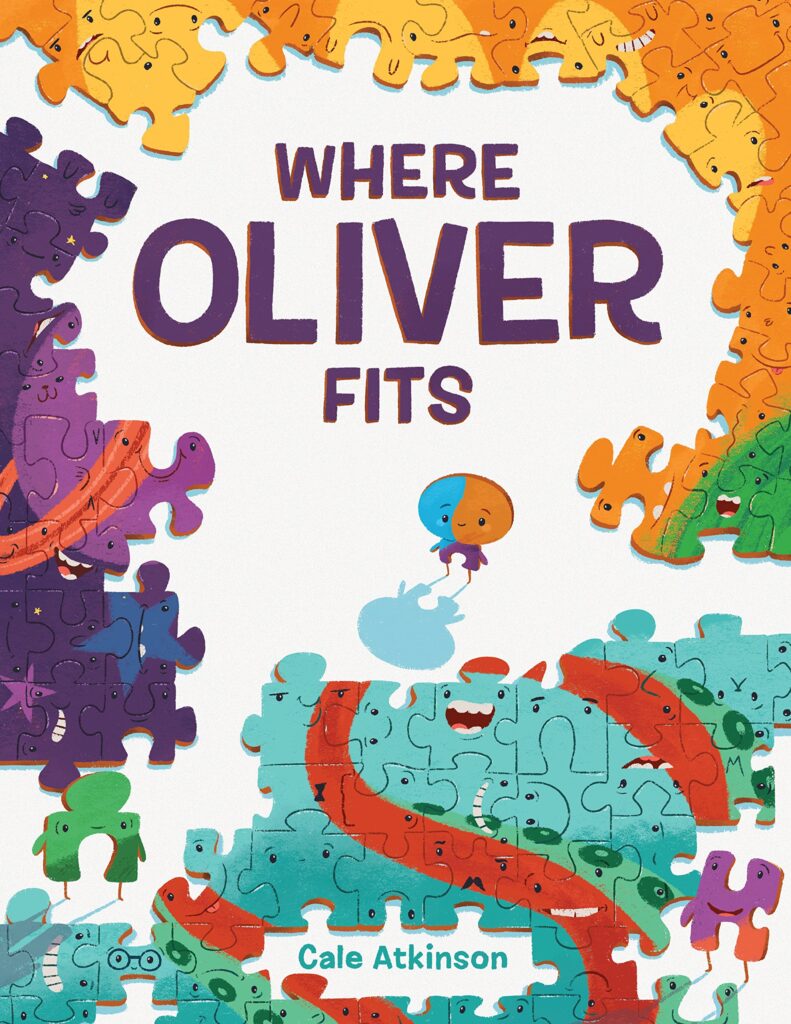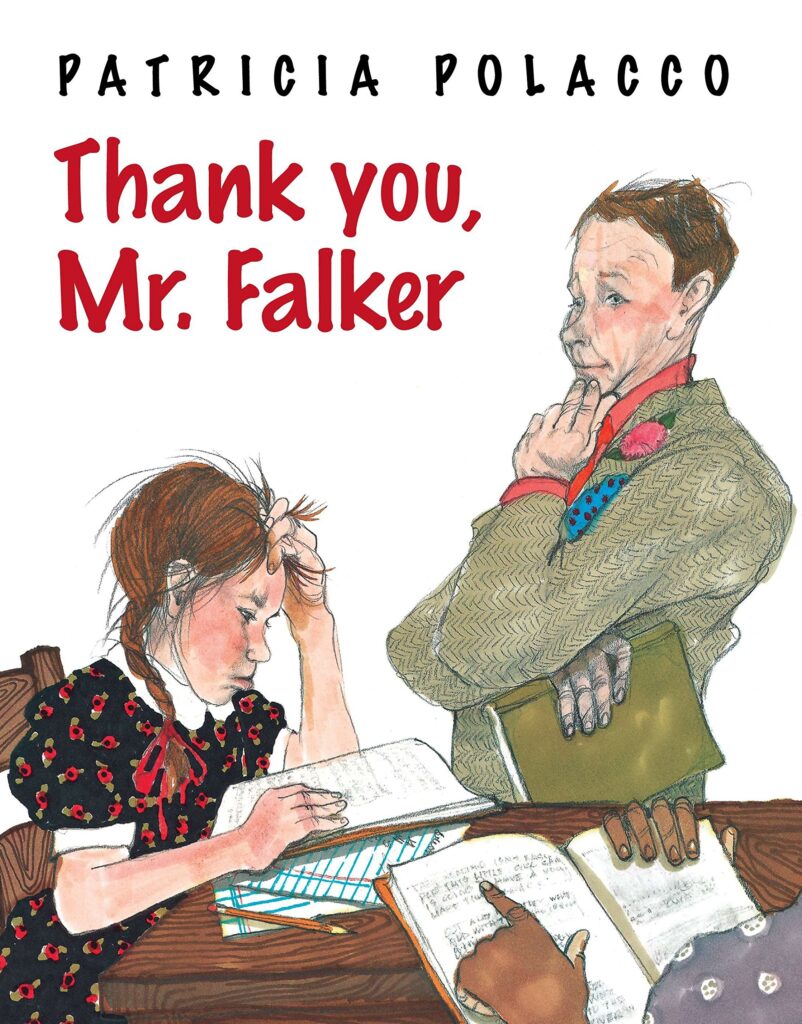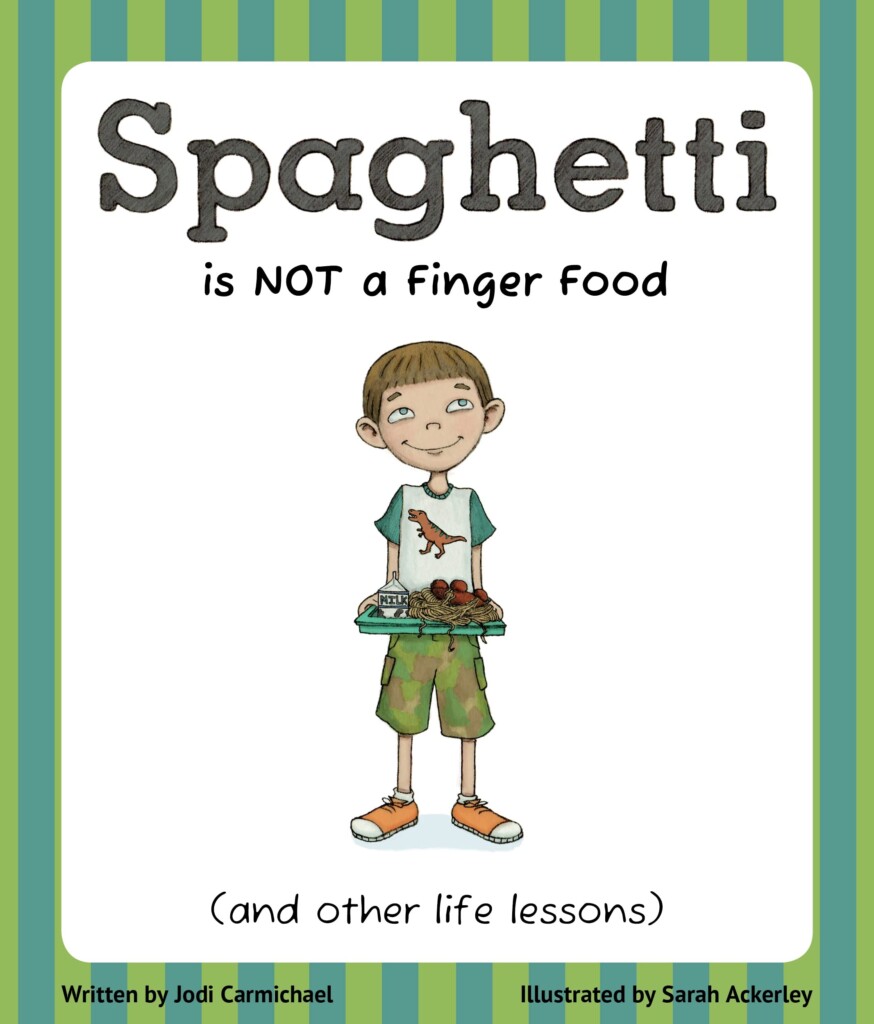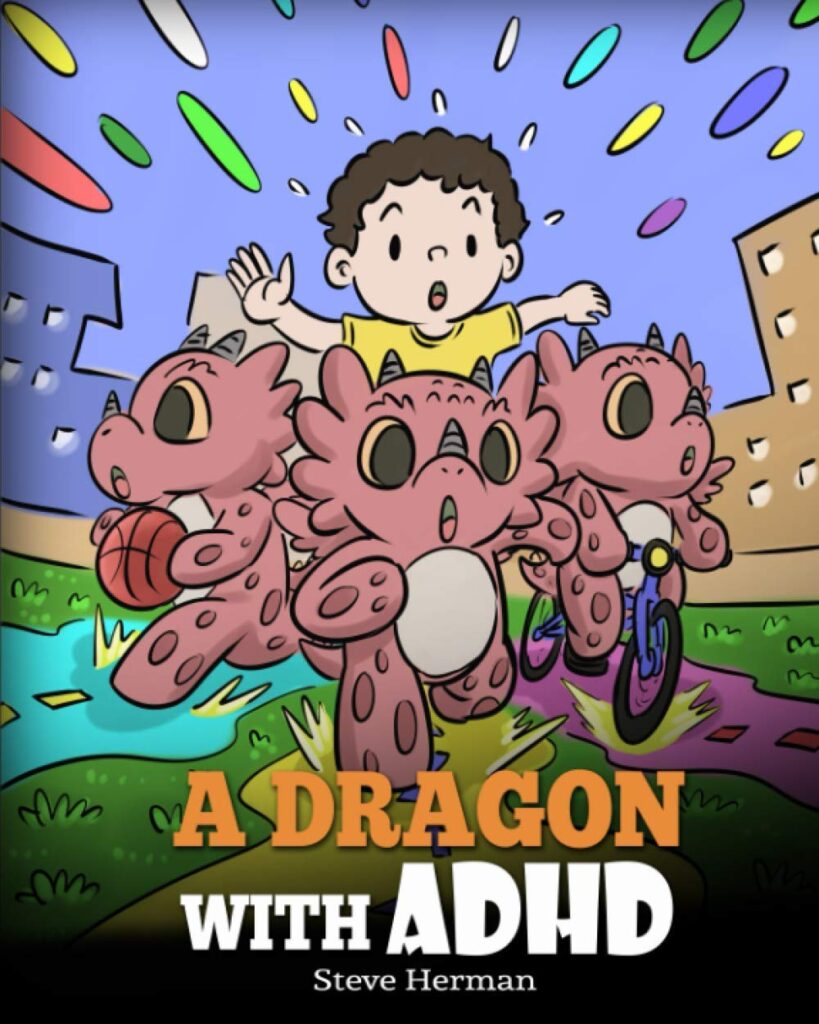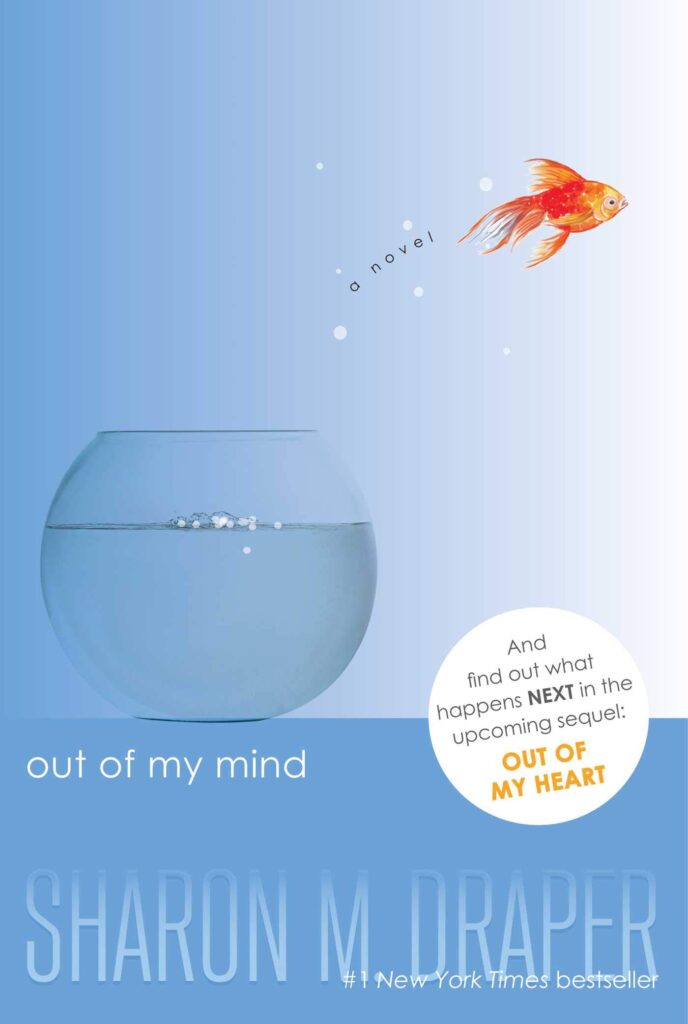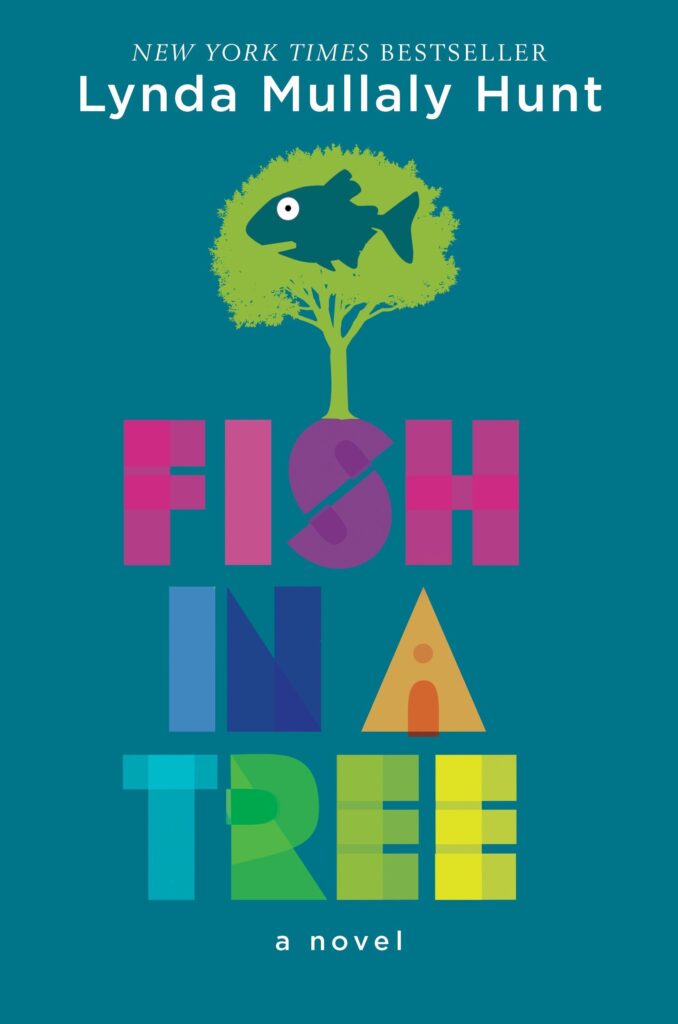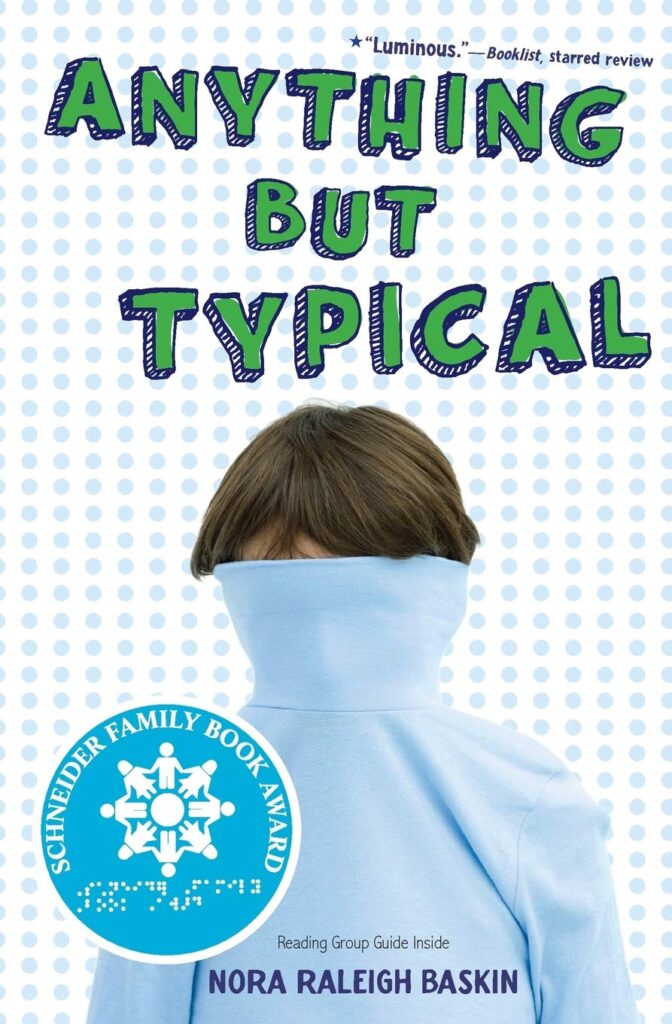Katherine Paterson, author of Bridge to Terabithia, said “A book is a cooperative venture. The writer can write a story down, but the book will never be complete until a reader, of whatever age, takes that book and brings to it his own story.”
Bringing a topic or story to life for a reader requires a connection. By engaging with the material, readers will gain insight into how characters deal with the fears, emotions, and concerns they face in their own lives. A classroom environment that values inclusivity and diversity can be created through reading and discussing socially conscious literature; it fosters familiarity with the otherwise unfamiliar.
Our Favorite Books for Promoting Inclusion
Here you will find a list of books to promote inclusion, acceptance, differences, and special needs that will be helpful in both primary and secondary classrooms. In addition to these stories, we have included corresponding reflective activities created by educators across the country available for purchase on Teachers Pay Teachers. What better way to support education than promote real lessons from real teachers?
Where Oliver Fits by Cale Atkinson
Theme: Differences, Inclusion
Grade Levels: PreK-2
Where Oliver Fits by Cale Atkinson tells the story of Oliver, who is exploring who he is and where he fits in the world. This picture book encourages children to embrace who they are rather than focusing on fitting in with others.
Lesson: Read Aloud to Promote Acceptance
Grade Levels: K-3
Former school psychologist turned curriculum developer, Laura, created Social Emotional Workshop to provide resources for parents and teachers to support Social Emotional Learning (SEL), counseling and behavior. Her lesson incorporates read-aloud comprehension questions, an independent student activity, a story summary sheet and a companion bulletin board or display.
Thank you, Mr. Falker
Theme: Dyslexia, Perseverance
Grade Levels: K-6
Patricia Polasco’s book Thank you, Mr. Falker is unique in that it tells her personal story of living with dyslexia as a young student. In Patricia’s story, we hear how her teacher, Mr. Falker, taught her how to read while encouraging and motivating her. The theme of perseverance will resonate with students even if their own challenges are unrelated.
Lesson: Thank you, Mr. Falker Balanced Literacy Activities
Grade Levels: 3-5
Comprehension, vocabulary, visualization, biography introduction, theme and community building are just some of the topics covered in this extensive literacy unit created by former reading specialist, Carla, creator of Comprehension Connection.
Spaghetti is Not a Finger Food
Theme: Asperger Syndrome
Grade Levels: 1-5
Spaghetti is Not a Finger Food by Sarah Ponce provides awareness and understanding for both children with AS and their peers. This story showcases Connor’s strengths while also showing his daily challenges. This story is a great way for children to hear about AS from a child’s point of view and learn empathy for others by understanding that truth really is in the perspective.
Lesson: Visual Motivation Strategies
Grade Levels: 1-8
Caroline, the creator of Celavora Education and a third grade inclusion teacher, designed this innovative effort monitor as a visual reminder of classroom expectations and strategy for promoting motivation and independence among students.
My Dragon Series – A Dragon with ADHD
Theme: Attention Deficit Hyperactivity Disorder (ADHD)
Grade Levels: K-3
My Dragon Series – A Dragon with ADHD by Steve Herman is a book in a series focused on helping children overcome social and emotional challenges in a relatable way. The premise of this story is to embrace the ADHD diagnosis in a fun and enjoyable way and then how to communicate the diagnosis with others.
Lesson: Self-Control Boom Cards
Grade Levels: K-3
Created by Katie, a health and social studies teacher and founder of Peaceful Play, these fun BOOM cards are a great way for students to independently explore what self-control means and practice identifying it in various situations. The best part is that they can be used for whole class, small group or individual practice!

Leo the Late Bloomer
Theme: Developmental Delays
Grade Levels: PreK-3
Leo the Late Bloomer by Robert Krause tells the story of Leo, who is not developmentally in the same place as his peers. Leo’s father is concerned while Leo’s mother is not, because she knows that Leo will do these things in his own time. As an educator or even as a parent, it is a wonderful book to read because it emphasizes the importance of letting children develop at their own pace and maintaining their self-confidence.
Lesson: Read Aloud Lesson & Activities
Grade Levels: K-2
This all-inclusive read aloud lesson reviews everything from text features (problem and solution) to making text-to-self-connections (I already can, I want to bloom at). Comprehension is covered at all levels with multiple modifications and pacing suggestions. These lessons were created by curriculum designers and former teachers Tatum and Amy. With over 40 years of experience in the classroom, together they have created The Core Coaches platform and offer a multitude of education resources.
Out of My Mind
Topic: Cerebral Palsy
Grade Levels: 5-9
Out of My Mind by Sharon M Draper brings us into the mind of eleven year old Melody, who has cerebral palsy. Melody is nonverbal and immobile, but she has an excellent photographic memory, and although she can not traditionally communicate her abilities to the people in her life, she is determined to show the world what she is capable of. This story explores themes of self-advocacy, perseverance, awareness, acceptance and determination that resonate with readers of all ages.
Lesson: Novel Study Book Unit
Grade Level: 5-8
This all-inclusive novel study unit by elementary teacher Shelly, creator of The Teaching Bank, is suitable for whole class, literacy centers, small group and individual instruction. It even includes both digital and print formats for easy implementation. With lesson plans, assessment packets, and everything in between, this resource is extremely versatile.
Fish in a Tree
Topic: Dyslexia, Diversity
Grade Levels: 4-9
Fish in a Tree by Lynda Mullaly Hunt introduces us to Allie, who is dyslexic and acts out as a way to hide her inability to read. In meeting Mr. Daniels, her new teacher, she realizes that she and others are more than labels, and that embracing differences is an important part of growing up. Having been written by a former teacher, this book is certain to start some crucial conversations about self-confidence and diversity.
Lesson: Fish in a Tree Creative Writing
Grade Levels: 4-6
Created by curriculum resources designer and high school special education teacher Danielle, founder of Study All Knight, this creative novel study incorporates both critical thinking and literacy skills. Adaptable to multiple student communities, this bundle even includes a packet of activities for other classroom reading!
Anything But Typical
Theme: Autism
Grade Levels: 5-10
Anything But Typical by Nora Raleigh Baskin is told from the first-person perspective of an autistic adolescent Jason and the academic and personal obstacles he experiences. It is a heartwarming story that serves as a catalyst for discussion about empathy, understanding, autism and support systems.
Lesson: Path to Self-Acceptance Flipbook
Grade levels: 3-10
This collaborative flipbook created by Gentry’s Compassion Corner, can be modified for all grade levels. The five sections focus on exploring individual differences, control, forgiveness, strengths and goal planning. By reflecting on their own experiences, students are able to connect with the lessons from the story.
